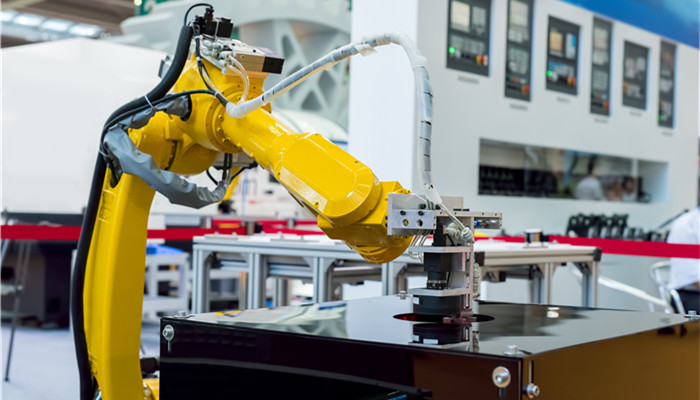
CMP polishing fluid has high industry barriers and local companies have greater room for development.
CMP polishing fluid is a kind of solution that produces a series of chemical reactions with the material surface to form a surface film, and then removes it through the abrasive particles in the ingredients to achieve the purpose of polishing. CMP polishing slurry can be divided into copper polishing slurry, silicon polishing slurry, silicon oxide polishing slurry, etc. according to different polishing objects; according to different acidity and alkalinity, it can be divided into acidic polishing slurry and alkaline polishing slurry. The former is often used for polishing copper and titanium. and other metallic materials, the latter is often used to polish non-metallic materials such as silicon and silicon oxide.
The upstream of the CMP polishing slurry industry chain is the supply of raw materials such as dispersants, abrasive particles, oxidants, PH regulators and surfactants; the midstream is mainly the research and development, production and production of CMP polishing slurry; the downstream is widely used in integrated circuits, sensors, LEDs Chip and other fields.
According to the “Special Survey Report on CMP Polishing Fluid Benchmark Companies and Competitors 2023-2027” released by the Industrial Research Center, with the Our country’s scientific and technological strength continues to improve, and high-end manufacturing continues to develop. As one of the important raw materials for semiconductor and other industries, polishing fluid continues to grow in demand and the market scale continues to expand. In 2022, my country’s CMP polishing slurry market will exceed 2 billion yuan.
Polishing slurry has a wide range of applications and diverse types. It is necessary to adjust the concentration, acidity and alkali, and abrasive types according to different application scenarios to improve the polishing speed and effect. The investment risk is high, the return period is long, and it has high talent, Financial and technical barriers. The foreign CMP polishing slurry industry started earlier, is relatively mature in development, has relatively advanced production technology, and has strong competitive advantages. Domestic CMP polishing slurry research started late, with a small number of production companies and a high degree of industry concentration. At present, in the CMP polishing slurry market, there are foreign manufacturers such as Cabot, Fujimi, Dow, and Hitachi, as well as domestic manufacturers such as Anji Microelectronics Technology (Shanghai) Co., Ltd., Hubei Dinglong Holdings Co., Ltd., and Shanghai Xinyang Semiconductor Materials Co., Ltd. enterprise.
In recent years, the country has introduced a number of policies to promote the development of high-end manufacturing. As an important raw material for semiconductor and other industries, CMP polishing fluid has good room for development. In August 2022, the General Office of the Ministry of Industry and Information Technology and other departments launched the “Implementation Plan for the “Three Products” of the Raw Material Industry”, proposing to support and encourage high-temperature alloys, special coatings, photoresists, targets, polishing fluids, advanced ceramic materials, special R&D and industrialization of key basic materials such as separation membranes and high-performance rare earth magnets, catalysis, optical functions, and hydrogen storage materials.
Industry analysts said that CMP polishing fluid is a high-value, high-consumption material. Driven by national policies and interests, capital has entered the industry. The field has great momentum and the number of related companies will continue to increase. As the manufacturing industry continues to transform and upgrade, and industries such as semiconductors and integrated circuits continue to develop, the market demand for CMP polishing fluid will grow steadily and it will have a broad consumer market. At present, China is highly dependent on imported CMP polishing fluids, and there is a large space for domestic substitution in the market. Local manufacturers need to increase R&D investment, improve production technology, and speed up the localization process of CMP polishing fluids.

 微信扫一扫打赏
微信扫一扫打赏

